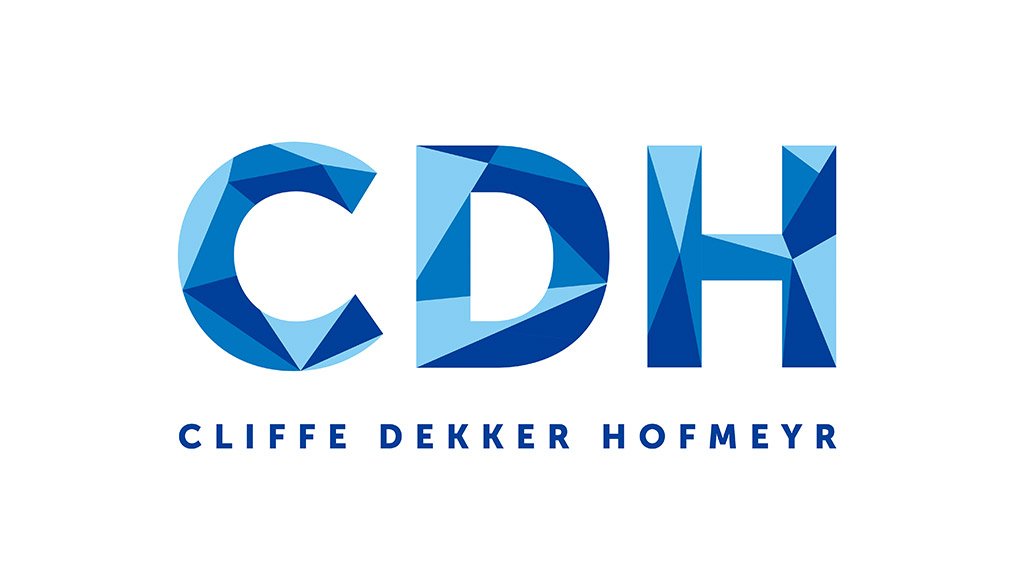Although the law exists to protect all citizens in the country, the makeup of the legal profession remains a challenge. South Africa lags behind the rest of the world as its structure does not reflect the diversity of South African society. The gap is particularly large for black women, who are trying their best to find a foot in the door and a rung on the career ladder of the country’s legal sector.
In 2014, a study from the Centre for Applied Legal Studies at Wits University entitled ‘Transformation of the legal profession’ officially opened the eyes of legal professionals to the harsh and unfortunate cross-section between gender and race discrimination among South African lawyers.
This may have been eight years in the past, but according to Director in the Dispute Resolution practice and Joint Head of the Government and State-Owned Entities sector at commercial law firm Cliffe Dekker Hofmeyr (CDH), Thabile Fuhrmann, the profession still lacks a great deal of progression. However, eight years or not, she is at least positive that is moving forward in the right direction.
She says large law firms have seen a vast improvement in representation, but this transformation still requires careful scrutiny. “We can fill our corridors with candidate attorneys and make sure we have more women and even black women than anyone else. That’s fine. But unless they're able to make it to the top and break through that glass ceiling. What’s the point?”
Fuhrmann points to South Africa’s recent quest for a new Chief Justice in which many people in the country were eagerly awaiting the appointment of a woman to this position – a prime candidate having been the newly appointed Deputy Chief Justice Mandisa Maya as a case in point. But sadly, that never came to be.
“Gender still makes people uncomfortable. Especially at the top. The fact that Judge President Mandisa Maya had to answer any questions surrounding her gender while her male counterparts could display their intellectual prowess around legal questions is exactly the problem. The bottom is transforming fast, but the top is reluctant to follow suit.”
Fuhrmann raises the point that the mere fact that Maya had to be asked if the country is ready for a female Chief Justice is proof enough that leadership in this country is not ready to transform. “Our lack of momentum stems from the top. Of course, we’re ready for female chief justice. But, as women, we are ready to stop defining our success around our gender.”
Having recognised the need for transformation at the top, this hasn’t stopped Fuhrmann from making a difference at the bottom. To progress transformation in the legal sector, Fuhrmann has actively driven transformation initiatives at CDH to inspire black female graduates to choose a firm like CDH instead of assuming this is a path only reserved for males.
According to the latest demographics statistics from The Law Society of South Africa, white males make up 33% of attorneys in South Africa. In fact, 56% of all attorneys in the country are white. “A quarter of the population are black females, yet we only form 17% of attorneys in the country. It’s abundantly clear that we are a long way from a true representation of our population.”
But how can this inequality be expediently rectified?
Fuhrmann has always believed that it is the duty of all black female lawyers to actively advocate for the transformation they want to see in the industry. “We all need to do our utmost to empower other black and female lawyers, regardless of where they come from or which firm they work for. Every day I engage with so many inspiring young women who I believe have the power and passion to shape the sector and in doing so, build the nation.”
Fuhrmann believes passing down work to subordinates, particularly young black and female lawyers, will provide significant empowerment to their development. “We need to create a career growth path for them now, so tomorrow they can do the same for other young black women looking to make it in law.”
Fuhrmann says the evidence is clear that transformation is happening from the bottom up. Out of the 6,669 registered candidate attorneys in South Africa, 63% are black and 35% are black females. “Of course, change at the top still needs to happen. We can’t deny that black female representation in the upper echelons of the legal profession is sorely lacking. But that simply means we need to work harder at transforming.”
Written by Thabile Fuhrmann, Director in the Dispute Resolution practice and Joint Head of the Government and State-Owned Entities sector at Cliffe Dekker Hofmeyr
EMAIL THIS ARTICLE SAVE THIS ARTICLE ARTICLE ENQUIRY
To subscribe email subscriptions@creamermedia.co.za or click here
To advertise email advertising@creamermedia.co.za or click here











